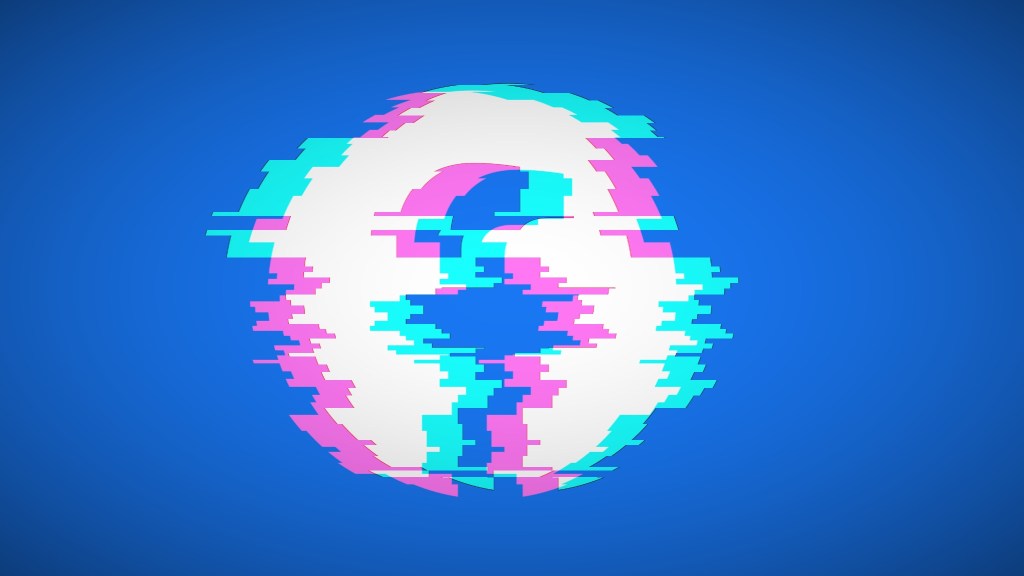
Two of my friends died within the last three years. By some coincidence, both of their birthdays fall in the beginning of July. So, twice this week, Facebook has reminded me to write “happy birthday” to two people who will never respond.
Facebook’s algorithms can’t comprehend death. All it knows is there was a time when I was often tagged in photos with these people, and that we interacted with each other’s posts. If Facebook’s algorithm is incentivized to boost engagement, why not get me to post on a friend’s timeline by reminding me it’s their birthday?
These days, we leave a hefty online footprint. When Jamie died, I coped by combing through our digital detritus. We were both writers, so we wrote to each other often. I scrolled through our iMessage history, mad at myself for setting my messages to auto-delete after a year. I wanted more of this mundanity — the granular discussion of grad school applications, the Gossip Girl memes, the screenshots of poems written in the Notes app. I wanted proof that our friendship was important enough that I could be so overwhelmed by grief, because for some reason, I needed permission to be sad.
Unlike iMessage, my message history on Facebook has never been deleted. I try to picture what 15 years of my own Facebook data looks like, stored somewhere in some warehouse in California, then multiplied for billions of other Facebook users. How much space, money and computing power does it take for Facebook to make sure I can find a meme that a dead friend sent me in 2017?
I’ve never been more grateful to Mark Zuckerberg than I was in the days after Jamie died. But this infinite storage is an accidental gift. Facebook’s actual response to the inconvenience of death was to engineer a system for memorializing our profiles. We used to decide whether we wanted to be buried, cremated or something else entirely — now, we also decide if we want to designate a legacy contact to monitor our Facebook account, or if we want our accounts to be deleted after death.
Facebook rolled out the “legacy contact” feature in 2015. When you’re alive, you can designate a loved one as a “legacy contact,” turning over control of your account when you die — and if that’s the case, your account will be memorialized, showing “Remembering” next to the name on your profile. Once an account is memorialized, your legacy contact isn’t able to remove any content or view your messages, but they’re able to change your profile picture and cover photo, write a pinned post on your timeline and respond to friend requests. If you don’t choose a legacy contact in life, a loved one can work with Facebook to gain access to that honor in death. And, notably, when your account is memorialized, Facebook will not recommend that your friends wish you a happy birthday.
Even in my dreams, my friends don’t come back to life. I had a dream that Ellie messaged me on Facebook, but it was one of those old-school hacks where someone would send you a bit.ly link and say, “OMG, just saw this crazy vid, is tht u??”
This dream was based in a real anxiety about our online afterlives. As if there isn’t enough to do when someone dies, we now must consider their digital affairs. On Reddit, people ask how they can get access to a loved one’s computer without their password. Meanwhile, the New York Department of State tells consumers to protect themselves from identity theft after death; if someone gets hold of a dead person’s Social Security Number, they may be able to open credit cards, file taxes and take out loans under their name.
There is no right way to lay a social media profile to rest; it is not a person, but a two-dimensional projection of who a person was. These social media profiles feel so distant from the core of our humanity that we resist the urge to mark the end of our digital lives. Yet while we are alive, our online lives are so encompassing that we have to set screen time limits on our phones so we spend less time in the digital world. It’s uncomfortable to consider what we leave online when we die, but it’s an oversight not to plan for our digital afterlives, if we have the luxury of planning for our death at all.
Neither of my friends’ families decided to “memorialize” their children’s accounts, perhaps because it feels so futile in a time of boundless grief. Or, maybe they just don’t know it’s an option.
So, Facebook will continue to tell me to celebrate my dead friends’ birthdays, while I know full well that they’ll never age beyond their mid-twenties. But if I had to choose, I wouldn’t want to memorialize my friends’ accounts. It’s just one more piece of evidence that their deaths are real.

